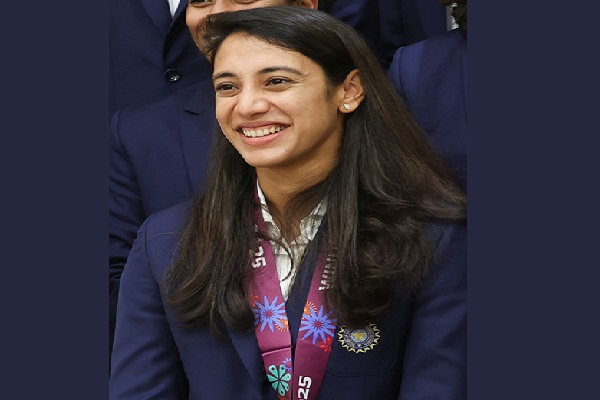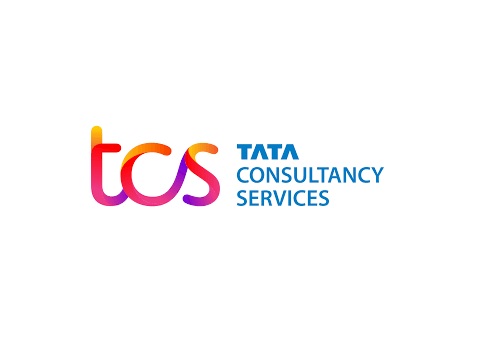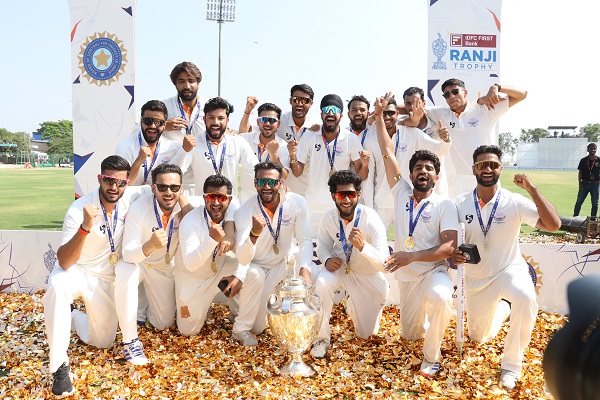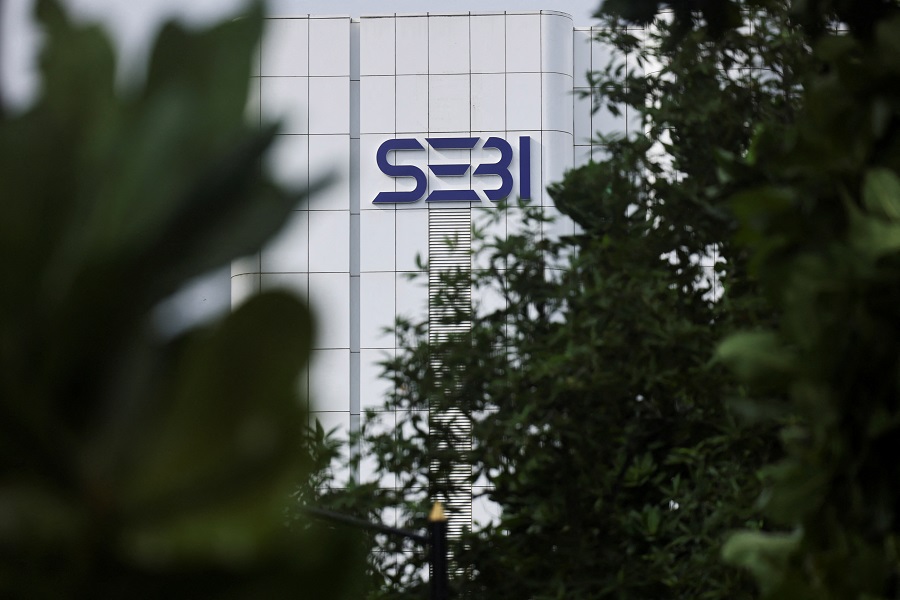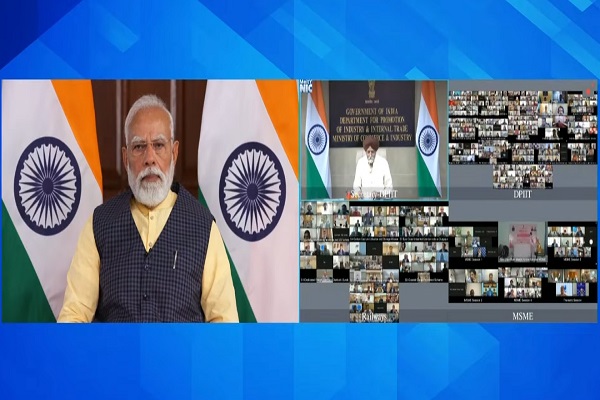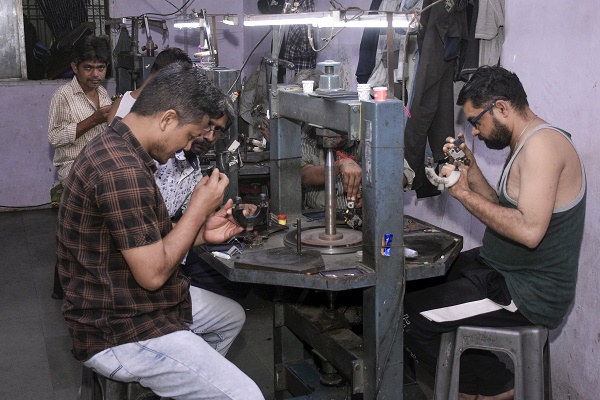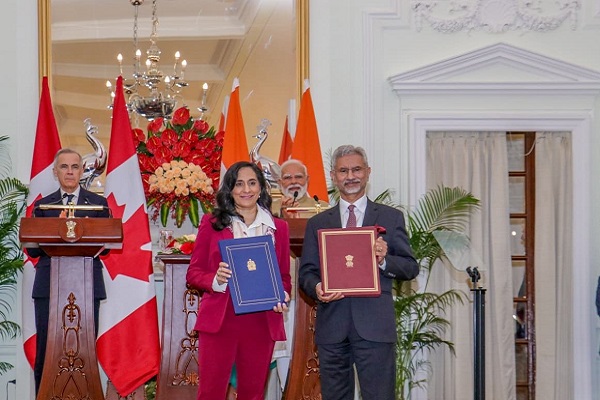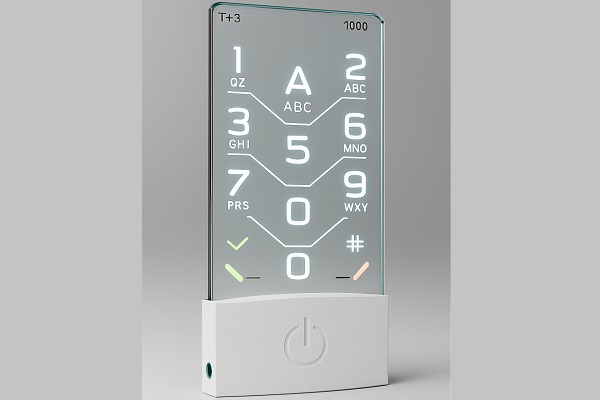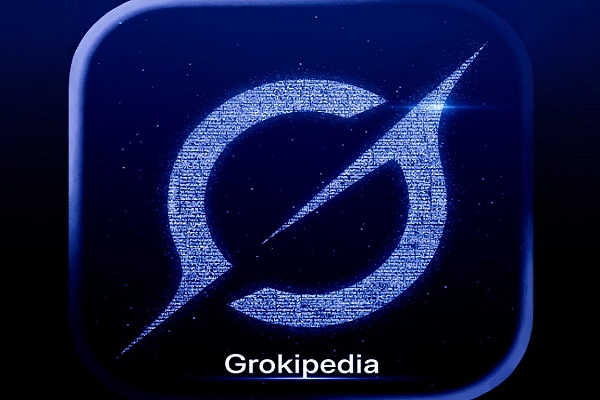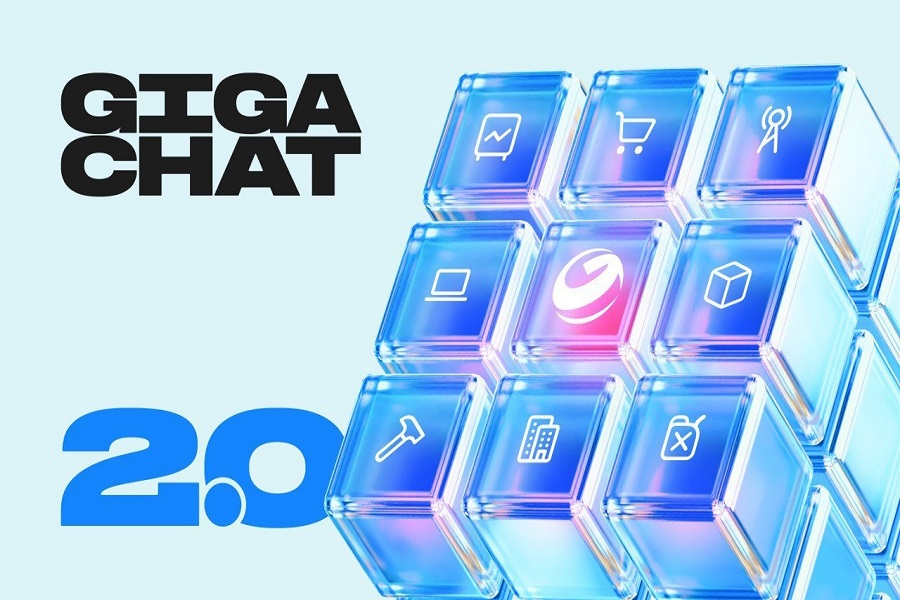Novel AI-assessment tool for students launched as India creates future-ready workforce

As India gears up to create a future-ready workforce in newer careers and emerging technologies, AI-enabled talent assessment and hiring platform HireMee on Wednesday launched a new tool to assist students make informed decisions about their academic and professional futures.
The Bengaluru-based company introduced the Career Navigation Assessment, a scientifically designed tool to assist students in Classes X, XI and XII (aged 14-18 years) by mapping their unique personality traits, aptitudes, and interests to potential career paths.
“This innovative psychometric assessment meets the growing need for personalised career guidance, offering students a reliable, engaging, and actionable solution to navigate this formative phase of their lives,” said Venkatraman Umakanth, SVP and Head, HireMee.
The online test can be taken at any time convenient for a student at home, with the detailed report emailed soon thereafter, according to the company. The assessment uses immersive, real-life scenarios to engage students in a way that reduces social desirability bias and encourages truthful and thoughtful responses.
These scenarios promote critical thinking and ensure accurate insights into students’ natural preferences and abilities. By combining these elements, the assessment generates tailored career recommendations that resonate with each student’s strengths, aspirations, and motivations.
“Guided by the principle that Indian youth deserve to follow a career aligned with their aspirations, the panel was chosen to ensure diversity in expertise, capturing varied perspectives on content relevance and cultural appropriateness,” said Chocko Valliappa, Vice Chairman, Sona Group of Institutions and CEO, Vee Technologies.
Since its inception in 2017, HireMee platform has helped more than 700,000 students get themselves assessed at no-cost with over 270,000 students getting the opportunity to be interviewed by various companies.
Last week, University Grants Commission (UGC) released a ‘Draft Guidelines for Implementation of Recognition of Prior Learning (RPL) in Higher Education’ which will provide access to higher education and enable individuals who have acquired competencies through non-formal and informal learning methods to access higher education programs.
The UGC said that the guidelines create diverse and flexible pathways for individuals with various educational backgrounds and learning experiences to access higher education based on their demonstrated competencies.
